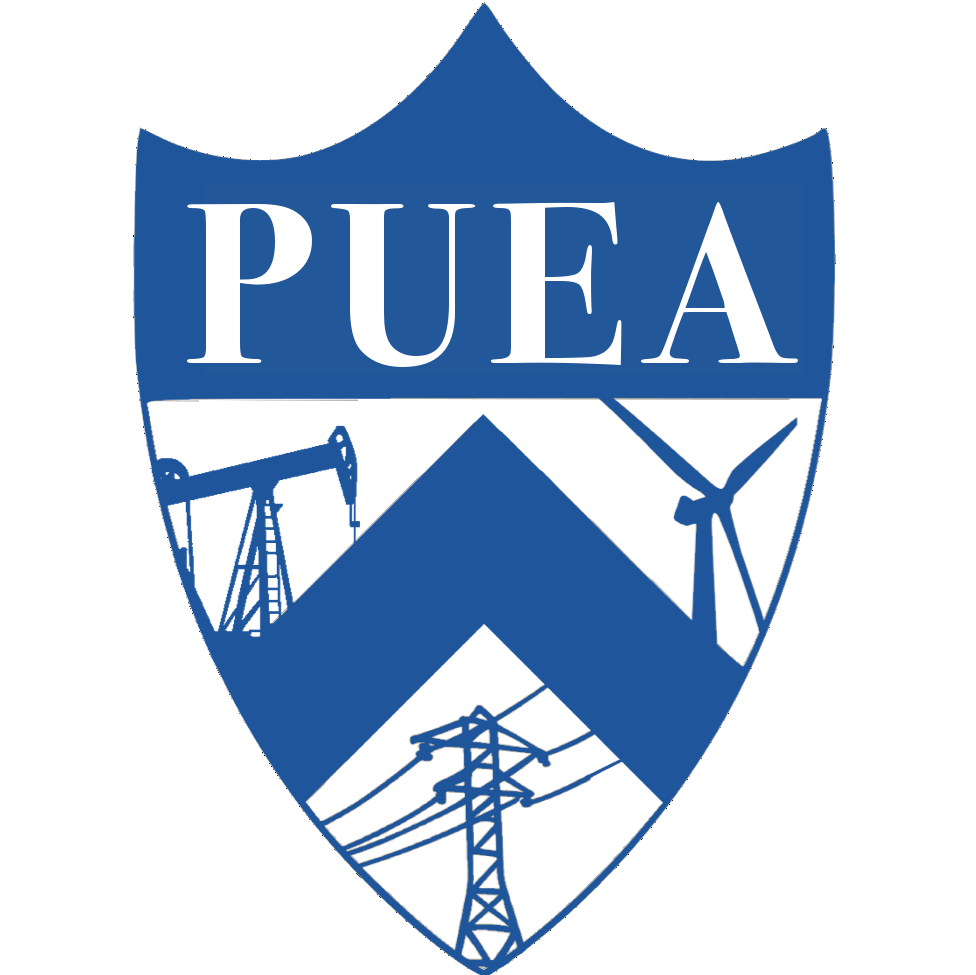Volume 12 Issue 1
November 1, 2021 – November 7, 2021
Zihan Lin ‘23 | Joe Kawalec ‘21 | Riti Bhandarkar ‘23 | Wilder Crosier '25 | Andrew Ji '25
UN Finds Nations’ Plans Fall Short of Paris Accord
October 26, 2021 | The Wall Street Journal | Matthew Dalton
A UN report showed that the pledges made by countries in the Paris climate agreement are insufficient, as they would only limit warming to 2.7 degrees by the end of the 21st century. Ahead of the upcoming COP26 summit, the US has been unable to pass policies through Congress, and China’s net-zero timetable extends all the way to 2060. The US has criticized China and developing countries like India, but these nations have in turn criticized the US’s high per capita emissions and past administrations’ inconsistent messaging surrounding climate change. -SJ
China to cut fossil fuel use to below 20% by 2060
October 24, 2021 | Guardian Energy | Agence France-Presse
During the pandemic, dozens of coal-fired power plants were planned by China to boost its economic recovery. According to its most recent official plan, China is heading towards a more sustainable future by planning on reducing fossil fuel use to below 20% by 2060, with emissions peaking by 2030. For a country that builds 60% of its economy on fossil fuels, the plan faces many obstacles. China addressed many of the challenges in its guidelines, including reaching a fossil fuel contribution of 25% of the country’s total energy when emission peaks. Many fear that the rapid change can hurt the economy. But President Xi Jinping emphasizes that the process will be under strict and reasonable control. - ZL
Doping solar cells to improve performance
October 18, 2021 | Advanced Science News | Lucie Bradley
Over the past hundred and fifty years, solar cell technologies have seen drastic improvements in efficiency and reductions in costs. One type of solar cell made from the crystalline solid perovskite has gained much popularity today thanks to its low cost of manufacturing. Although their energy efficiency rivals most modern solar cell technologies, perovskite cells are unfortunately quite unstable and therefore have short lives. However, new research led by professor Wallace C. H. Choy of the University of Hong Kong finds certain additives can improve the lifespan of perokostike solar cells. In a recentarticle published in Advanced Functional Materials, Choy and colleagues showed how the addition of the chemical 2-(dimethylamino) ethyl methacrylate greatly improves the stability of these cells, opening doors for their ability to be commercialized. –WC
Burundi's first solar plant increases generation capacity by 10%
October 26, 2021 | The Jerusalem Post | Eytan Halon
This week, Burundi’s first-ever solar farm came online, boosting the nation’s total generation capacity by 10%. The solar plant, built in collaboration with the renewable energy developers Gigawatt Global and supported by UK government funding, is now powering tens of thousands of homes with clean renewable energy. Completion of the project marks a major milestone in Burundi’s energy infrastructure — it is the largest major private investment in three decades in the nation’s energy industry, and represents a significant milestone in international public and private cooperation ahead of COP26. Gigawatt Global is also working on a solar-powered community center as well as eight other renewable energy projects around the world. - AJ




